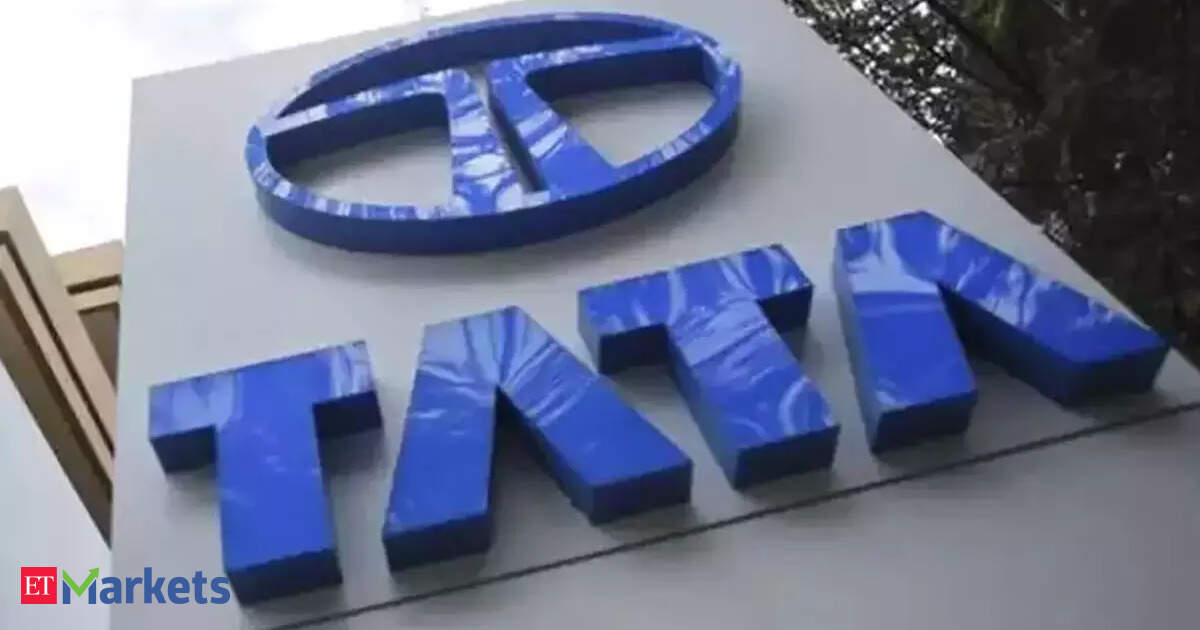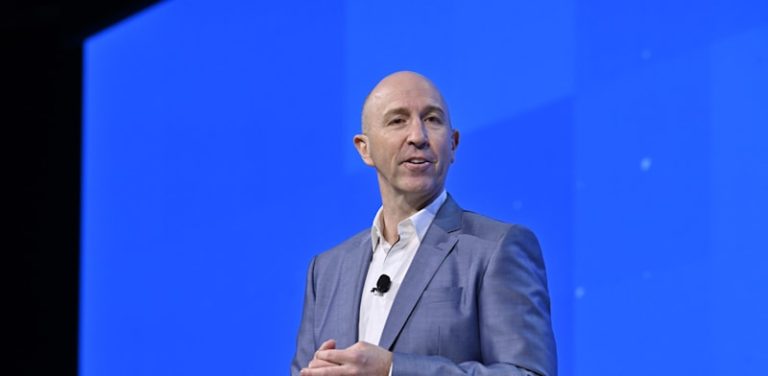They said directors may also consider additions to the Tata Sons board. There is speculation that this list may include such prominent figures as veteran banker Uday Kotak and noted legal expert Bahram Vakil. Insiders stressed that these discussions are preliminary in nature.
 Agencies
Agencies Looming Uncertainty Over Unlisted Status
The Trusts are further expected to review several long-term initiatives currently underway.Tata Sons is the holding company of the Tata Group. Tata Trusts, a grouping of philanthropic organisations promoted by members of the founding family, holds a controlling 66% of Tata Sons.
Tata Sons has submitted a request to the RBI seeking to relinquish its classification as an Upper Layer Core Investment Company (UL-CIC). The company was designated an upper-layer NBFC by the RBI in September 2022, a categorisation that mandates a stock market listing within three years. According to the central bank’s latest annual report, the application is under review. However, with the compliance deadline nearing, uncertainty looms over how Tata Sons plans to maintain its unlisted status.
Tata Trusts did not comment.
“There could be other significant group matters that may come up during the internal discussions which may not be part of the meeting agenda,” said a source requesting anonymity.
Board-level changes are said to be on the horizon at Tata Sons. Former Jaguar Land Rover CEO Ralf Speth and Ajay Piramal are expected to step down in the coming months as they approach the retirement age of 70. Speth and Piramal joined the board in October 2016 following the ouster of former chairman Cyrus Mistry. Independent director Leo Puri resigned in April.
Veteran banker Kotak is founder and director of Kotak Mahindra Bank. Vakil, cofounder of AZB & Partners and a noted expert in restructuring and project finance, had been appointed on the board of Tata Investment Corp in March. Both are regarded as seasoned professionals who could bring significant heft to the Tata Sons board, insiders said.
Tata Sons chairman N Chandrasekaran recently briefed the board of Tata Trusts in a closed-door meeting at Bombay House-a first in the group’s history, according to insiders. He provided a comprehensive update on the group’s progress across emerging businesses such as Tata Digital, Tata Electronics and Air India, covering revenue performance, challenges, profitability and valuations. Insiders view the move as a conscious effort to ensure transparency with Tata Trusts, especially given the group’s aggressive push to become future-ready.
Following the passing of Ratan Tata, the relationship between Tata Sons and Tata Trusts is set to evolve, with the holding company charting the group’s future direction to remain relevant in a changing business environment, with the support of the Trusts.
“Today the group is tackling multiple dynamic situations,” said Ashish Kumar Singh, cofounder and joint managing partner of Capstone Legal. “Earlier, a lot of decisions were taken directly by late group patriarch Ratan Tata as chairman of Tata Sons and Tata Trusts.”
Tata Sons has deployed ₹5.5 lakh crore capital over the past five years-the most in the group’s history. According to the latest Tata Sons annual report, group revenue across listed and unlisted entities stood at Rs 15.34 lakh crore in FY25, with net profit at ₹1.13 lakh crore and market capitalisation at ₹37.84 lakh crore. Tata Sons and Tata Trusts have also jointly established the ₹500 crore AI-171 Memorial and Welfare Trust to support victims of the recent Air India crash in Ahmedabad.
In his annual review, Chandrasekaran stressed the need to phase out strategies “that may have aged poorly with time amid changing economic conditions” and highlighted the group’s shift toward a “fitness first, velocity next” approach.








